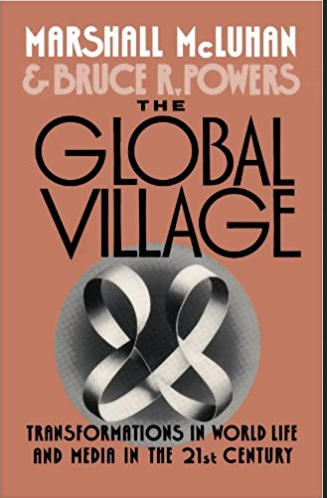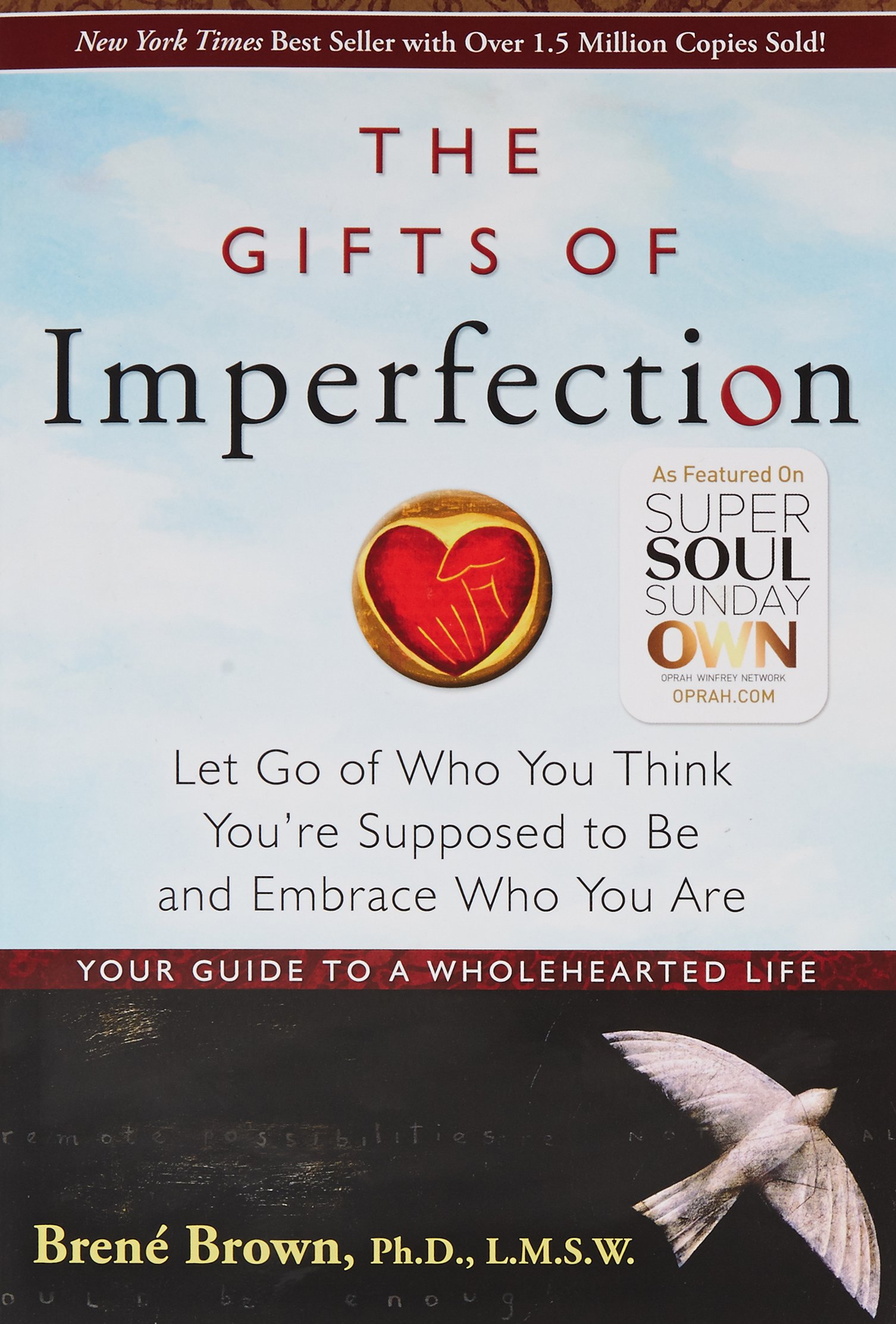Standing on pedestal of a global village
Paul Udoto Nyongesa
What is the ideal way of individually adapting to the powerful phenomenon of globalization and positioning oneself in the global arena? Why should I even be thinking of a global brand given the pervasive reality that “globalization doesn’t seem to be working for the middle class, for the ordinary people,” as said by Canadian Prime Minister Justin Trudeau?
These questions sound rhetorical but they are profound in the global village popularized by a Canadian scholar, Marshall McLuhan.

Globalization is a wave of an interconnected world that has impacted the economy of virtually every nation, affected every industry and touched billions of lives, often in remarkable and ambiguous ways.
In its popular version, the dynamic force of globalization is meant to signify integration and unity. But the reality we can hardly ignore is that we now live in a new world where the very force of globalization seems to be retreating in the face of nationalist agendas and populism.
Given this reality, do I want a global brand? And, at what cost or risk? Won’t this be self-defeating in the light of the dangerous emergence of a world of populism, divisiveness and fear of others? Won’t I be perceived as a sell-out to the so-called others?
These are some of the important questions I have to grapple with. However, one reason I need to build a global brand is because of my exciting year-long stay in the US as a Humphrey Fellow. This year will not only broaden my perspectives on global issues but also foster a better understanding of cultures.
Therefore, I should project a global brand that fosters greater understanding among nations and international collaboration. I am now part of the solution to challenge the flattening world and the obstacles it presents.
Whether or not we like it, we live in a ‘flat,’ technologically connected world, as put by renowned New York Times Foreign Affairs columnist Thomas Friedman. The only challenge is how to adapt to this reality.

From a practical point of view, I have a couple of platforms to project a global brand, including social media like Facebook, Twitter, Instagram as well as speaking opportunities. A few questions remain: How much of my private life should be projected on these platforms? How do I strike a balance between my nationalistic instincts and internationalist values? And how do I position myself as a global leader, yet be rooted in my particular country?
The bottom line is that I should be cautious with the personal details I share with the public. Many people look up to me as a role model and I should live up to their expectations in person and online. It also naturally follows that I should serve as a ladder for others to climb to their full potential through coaching and mentorship. That begins with how I project my global brand, and the legacy I want to leave behind.
Captions:
Screenshot of one of the books by Marshall McLuhan on globalization.
Screenshot of Paul Udoto Twitter account: An example
of branding on social media

